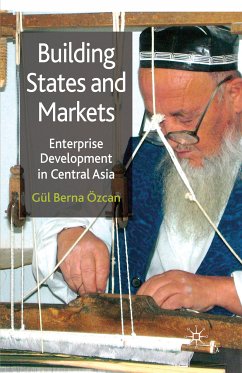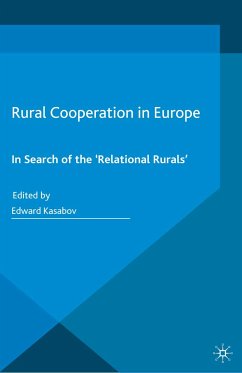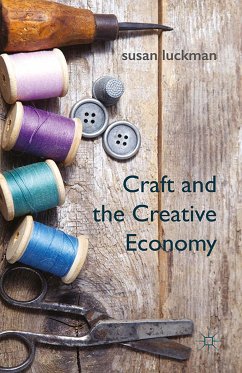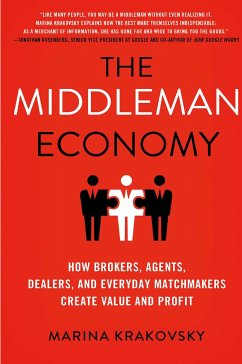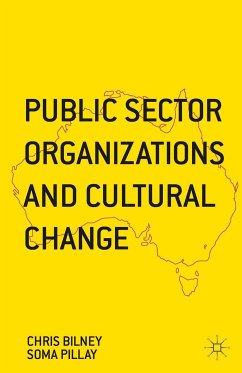One of the least understood regions of the world, Central Asia is in the midst of a massive transformation from socialist command to capitalist development based on private initiative and ownership. The process involves the emergence of new markets, an entrepreneurial stratum, and new political institutions, including ones designed to provide rents to privileged groups. In this fascinating book, Gül Berna Özcan chronicles and critiques this unfolding revolution, with a focus on identifying the determinants of the region's institutional trajectory. Her analysis, which draws on an impressive array of sources, is lucid throughout. In exploring the commonalities of Central Asian development patterns, she never loses sight of the differences
across the region's independent states. Building States and Markets can be read profitably and enjoyably by a wide range of intellectuals, including academics and policy makers.
Timur Kuran, Professor of Economics and Political Science, and Gorter Family Professor of Islamic Studies, Duke University, USA
A great book that contributes a much needed overview on entrepreneurship development in Central Asia. Özcan provides a knowledgeable study on how an entrepreneurial class emerged in this region, thus adding fresh insights on entrepreneurship in a transition context. I found the case vignettes of entrepreneurs throughout the book particularly interesting: they demonstrate the diversity of entrepreneurship in Central Asiaand its (Soviet) roots and also illustrate how enterprising individuals cope with a less than favourable business environment, thus highlighting their fundamental role in changing Central Asian economies and societies.
Friederike Welter, Jönköping International Business School, Sweden and TeliaSonera Professorship for Entrepreneurship at Stockholm School of Economics in Riga, Latvia
'...a welcome addition to the literature as it fills a gap in our understanding of how newenterprises aer developing in Central Asia...It will also provide a useful book for undergraduate and postgraduate students alike, as well as serving as a helpful introduction to practitioners in the region.' - Insight Turkey
